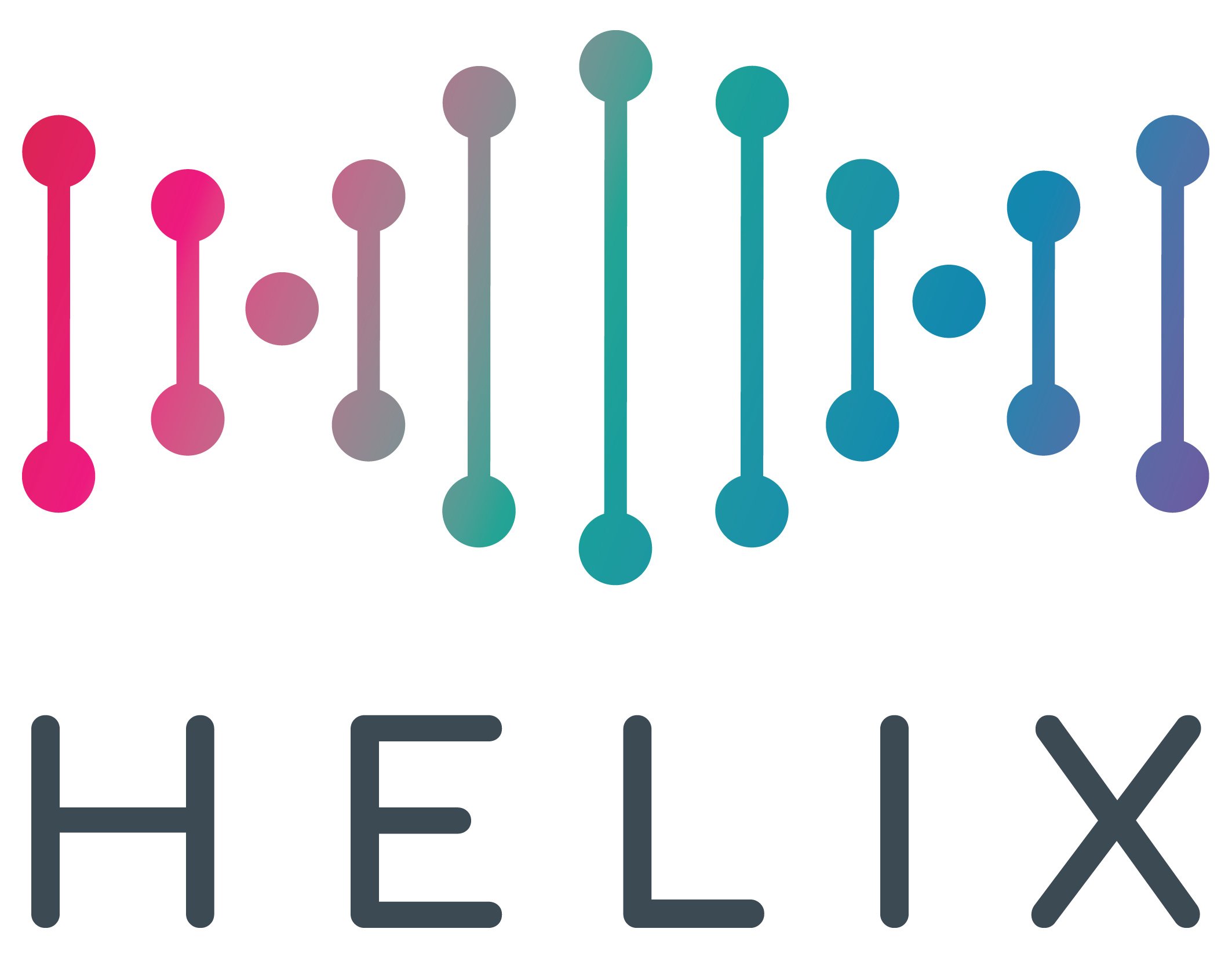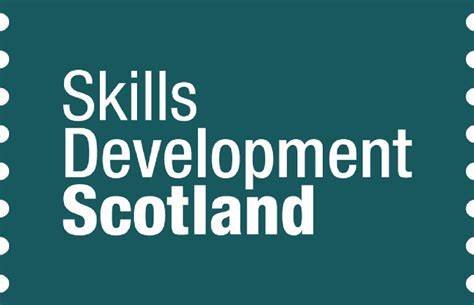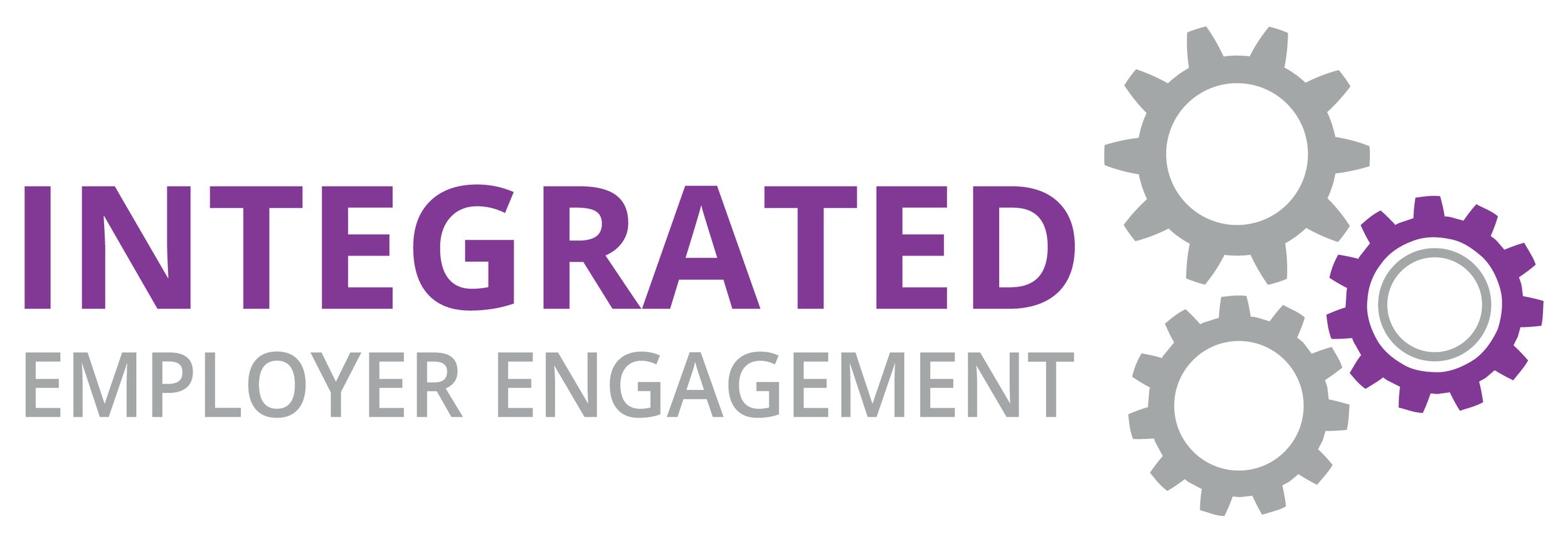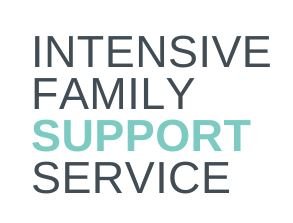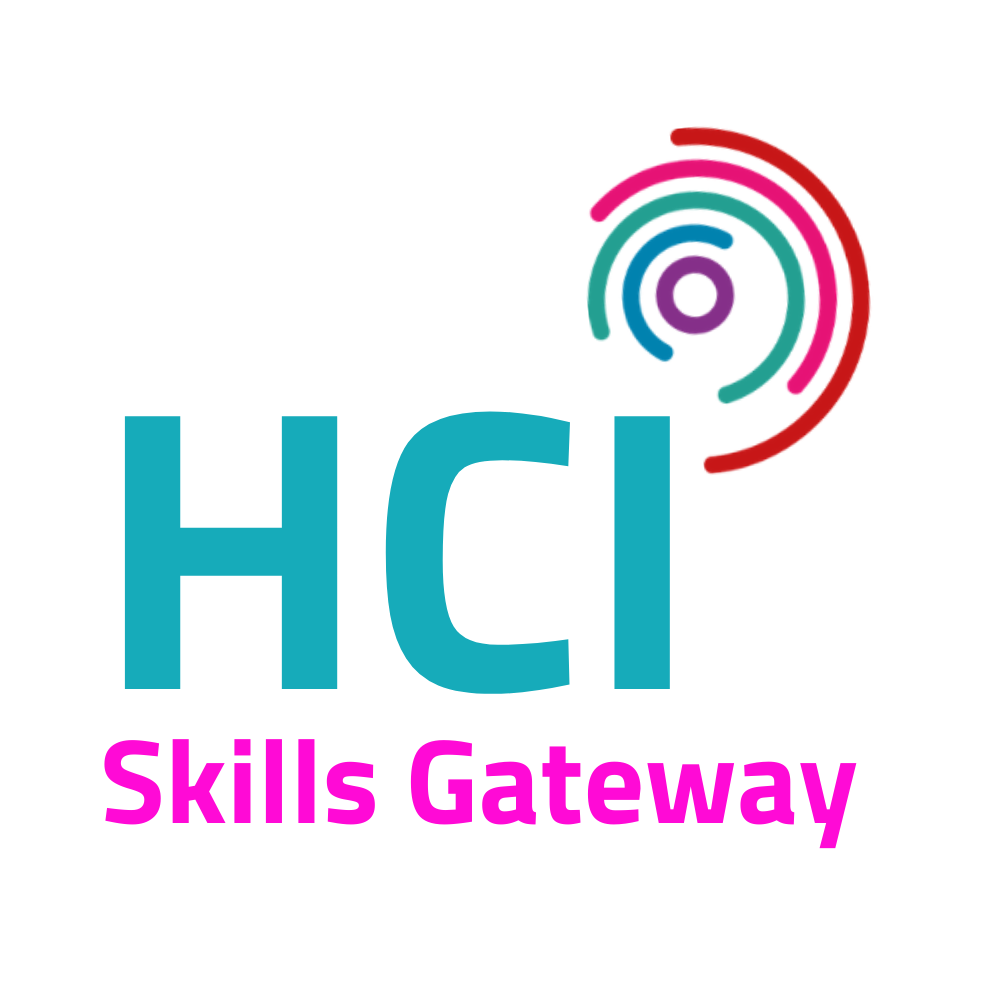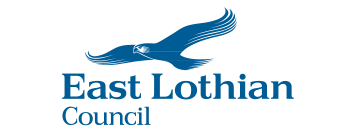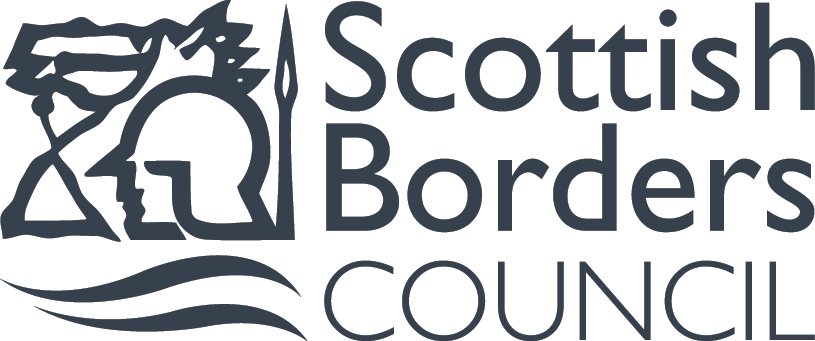Integrated regional employability and skills (IRES) programme
The Integrated Regional Employability and Skills (IRES) Programme and its cross-sector partnership is a change programme seeking to evolve regional labour market policy and practice to drive inclusive growth.
The IRES partnership is funded by £25 million investment (over eight years) and will deliver an additional 14,700 skill improvements; 5,300 people into employment; and a further 500 career enhancements through its 7 themes:
Integrated knowledge management systems
Labour market analysis and evaluation
Integrated employer engagement
Intensive family support service
Housing construction and infrastructure (HCI) targeted skills gateway
Data-driven innovation (DDI) targeted skills gateway
Workforce mobility
Find out more about the impacts the IRES programme has had since its launch - download the Integrated Regional Employability and Skills Programme Impacts Document (2025) [PDF, 4.6MB}
The IRES Programme Beyond 2027
“I am pleased to present the consultation and development timeline for the IRES Programme beyond 2027, which launches a consultation process to shape the future of enhanced skills development and inclusive growth across the Edinburgh and South East Scotland City Region.
On 13th December 2024, the Edinburgh & South East Scotland City Region Deal Joint Committee celebrated the success of the IRES programme and approved a consultation timeline to co-create a programme that supports the case for its continuation beyond 2027.
Over the coming year, we will engage with stakeholders, businesses, local communities, educational institutions, delivery partners and citizens to ensure that a continued IRES programme aligns with the diverse needs and aspirations of our region. Our commitment is to listen, learn, and work together to design a programme that continues to deliver meaningful and lasting impact.”
The IRES Business Case [PDF 2.9MB] was approved by the Edinburgh and South East Scotland City Region Deal Joint Committee on 17 December 2018. Seven project propositions within the IRES programme were submitted to the IRES Board and Joint Committee for approval in 2019.
City Region Deal Funding: £25 million over eight years
Programme Lead: Adam Dunkerley, Fife Council
Find out more about the themes, including links to websites. Follow IRES on LinkedIn for updates or watch our progress on Vimeo.
The Integrated Knowledge Management System (IKS) project is delivering a new, joined up Management Information System (MIS) for Skills and Employability across the region.
The purpose of the Labour Market and Evaluation (LMAE) project is to develop the regional labour market intelligence capacity around patterns of demand and supply, to ensure that the education and skills system within the region can respond to both the needs of individuals wishing to enter and progress through the labour market, and employers who seek to address skills shortages and gaps.
This enabling project aims to coordinate and improve the employability and skills service offer to employers which in turn will present opportunities to the citizens of the ESES region.
The Intensive Family Support Service (IFSS) is a multi-agency whole family support service delivered in Edinburgh, Fife, Midlothian, East Lothian, West Lothian, and The Scottish Borders.
The HCI Skills Gateway delivers clear, integrated, and inclusive progression routes into construction careers across the Edinburgh and South East Scotland city region. It covers all skill levels, from introducing basic skills in schools, through to advanced postgraduate training for people under-represented in senior construction roles through 5 key work strands.
The Data Skills Gateway brings together the City Region's universities, colleges, schools, and The Data Lab to provide routes into data or tech careers. It covers basic and key data literacy skills in schools through to advanced postgraduate training.
Edinburgh & South East Scotland City Region Deal is the first in Scotland to incorporate a project that acknowledges the role transport plays in supporting employment, training and education. The project aims to work across sectors to improve communication, and the effectiveness of local transport to support the ambitions of the IRES programme and the Regional Prosperity Framework.





